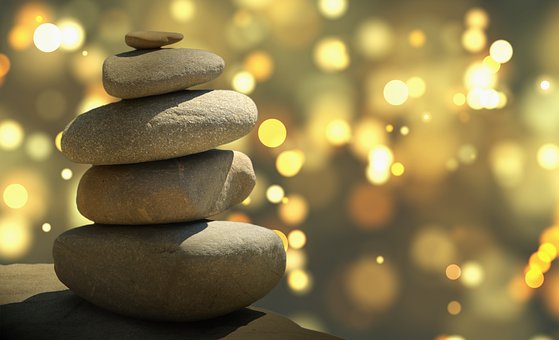Monsignor Dario Viganò and director Wim Wenders at the Sacré de la Beauté Festival
A duo you wouldn’t expect is the one formed by Monsignor Dario Edoardo Viganò (Prefect of the Holy See’s Secretariat for Communication) and the director Wim Wenders. They talk about cinema and spirituality in Rome, before going to the Cannes Film Festival, and about a collateral event organized among others by us from Aleteia: the Sacré de la Beauté Festival. The talk, prior to SIRwas carried out naturally, as happens between two people who know each other, as explained by Wenders himself, when he recounts his experience on CTV during the opening ceremony of the Holy Door:
The Vatican Television Center is undoubtedly an extraordinary reality. I confess that watching Stefano D’Agostini digest the great machine of the direction with 20 cameras on the occasion of the opening of the Holy Door was a beautiful experience for me. I had a simple role within a direct television complex of the ceremony, in which I participated and attended thanks to the invitation of Don Dario.
Wenders explains how much he feels a sense of responsibility when he has to represent spirituality and faith content in his films. It is not the same to tell about God knowing that he loves you, than doing it as a pure artificial narrative.
I was not so aware of this “responsibility”, for the absence of a better term, or of the fact that faith could influence you as an artist until, in 1987, I joined the project of a poetic film, completely improvised, like “Heaven about Berlin.” It is the story of two guardian angels who take care of their “protected” in the city of Berlin. When I realized that the most important task of the film was to make, download, “the Angel’s gaze at people”, the gaze of the angels at the people, and also to show how the angels see us, this made me understand that this work it had another effect on me, which had never lived.
But cinema, as art, is it capable of telling about God? The 70th edition of the Cannes Film Festival, perhaps the most important in the world for committed cinema, is an occasion to take stock.
Monsignor Viganò is positive on this point:
In 70 years we have seen important authors succeed, capable of gambling with brave and even uncomfortable ideas. I am thinking of the last winner, “I, Daniel Blake”, by the English director Loach, singer of the last of society, like the Dardenne brothers who won here in Cannes with L’Enfant (2005) and with “Rosetta” ( 1999). And more, “Mission” by Joffé in 1986 or “The Tree of Clogs” by Olmi in 1978, to “Miracle in Milan” by De Sica in 1951. The Festival, therefore, is configured as a space for cultural inclusion , where the initiative of the «diakonia of beauty» is introduced. In some of my studies, I have often underlined how cinema has searched for God in the folds of the visible, confronting himself with his presence or with his deafening absence.
And it is that deep down, the prelate continues, it is good to remember what cinema is made of and how, in its essence, it is substantially close to the divine gaze:
The angels, those of Wenders, remind us that they are light and movement, as well as the cinema itself, a combination of light and movement. It is probably a gift of providence, in the history of scientific discoveries, that the surname of the inventors of cinema is precisely Lumière, “light.” “Nomen omen”, the destiny written in one’s own name.

